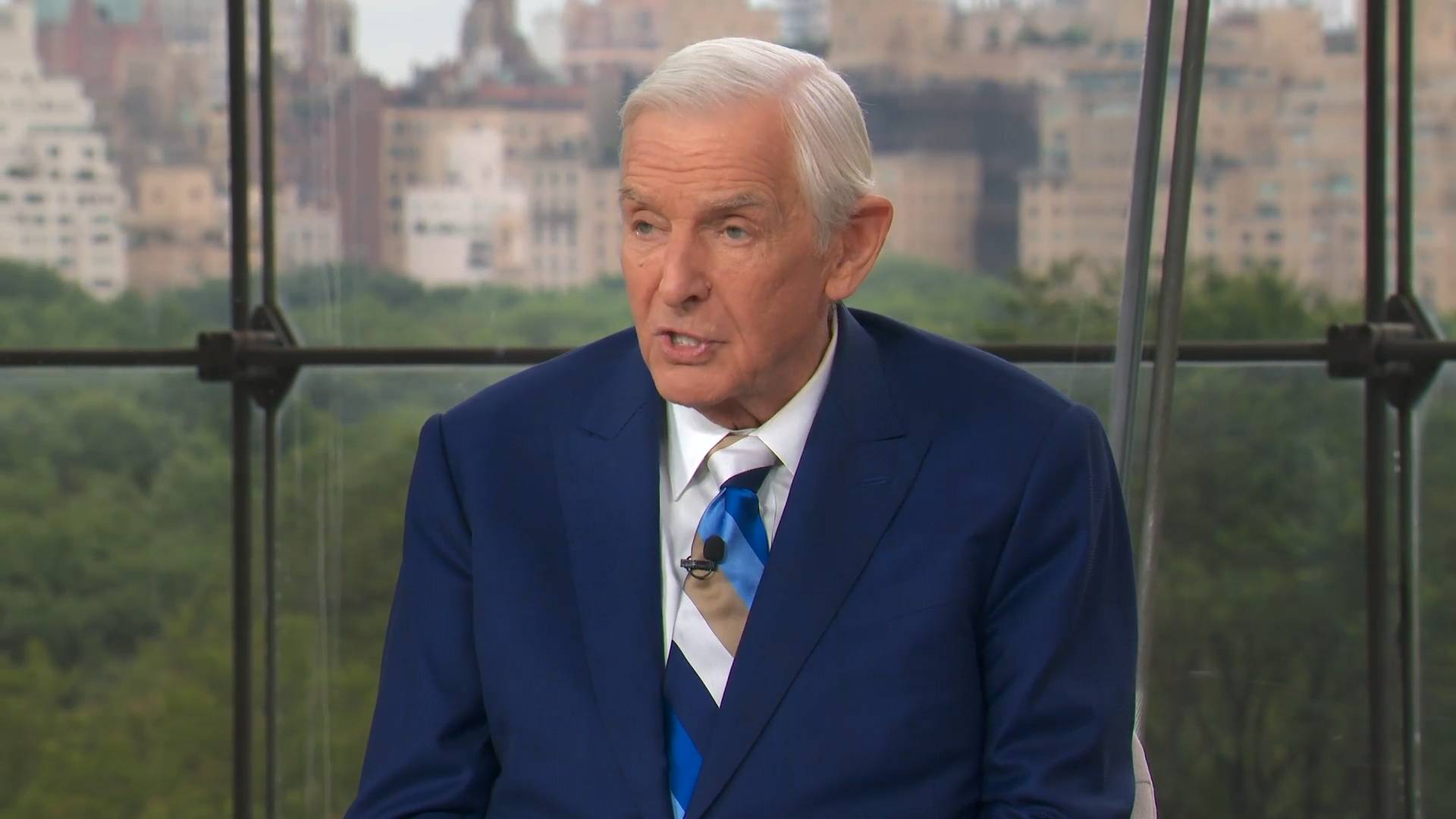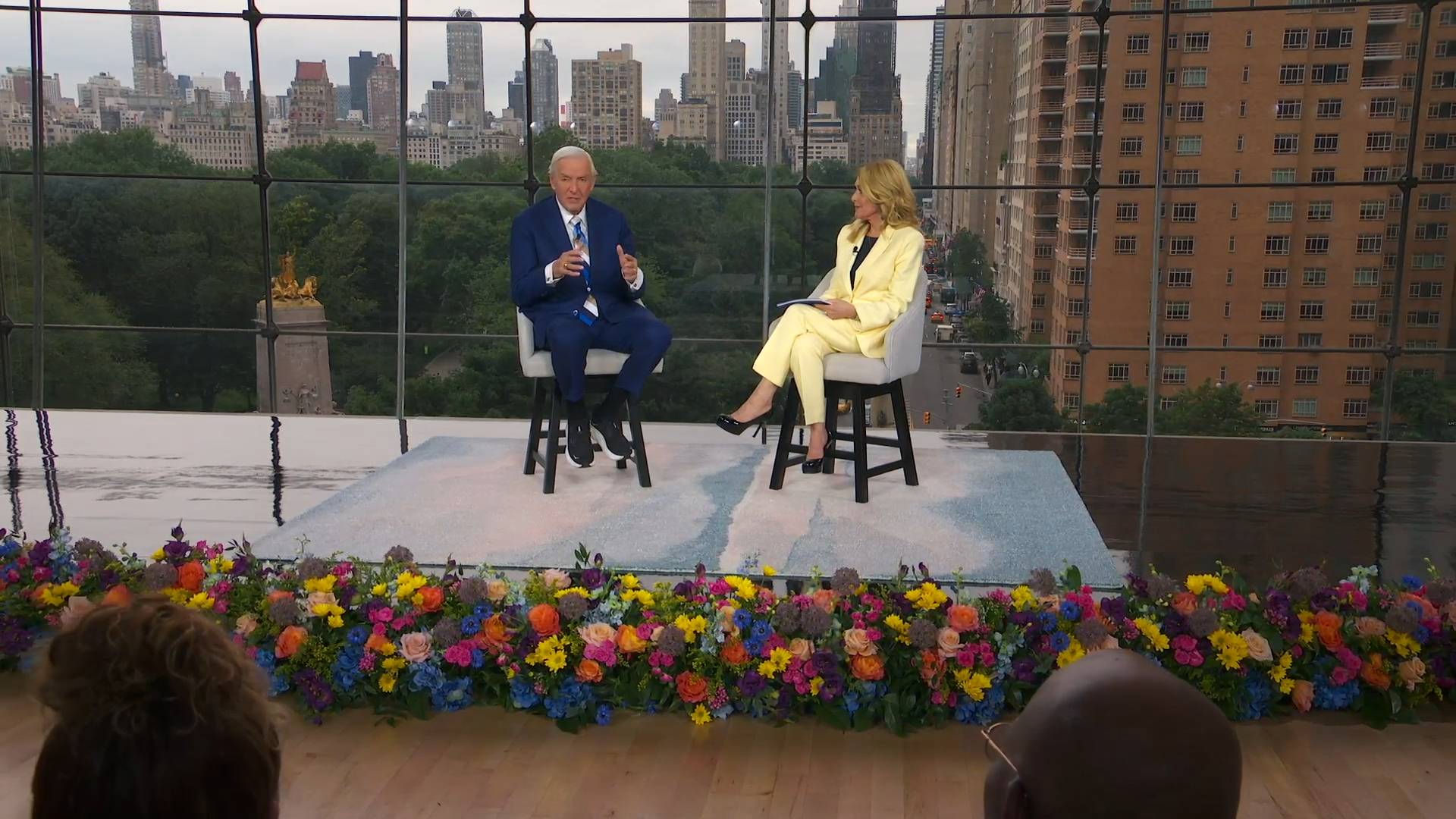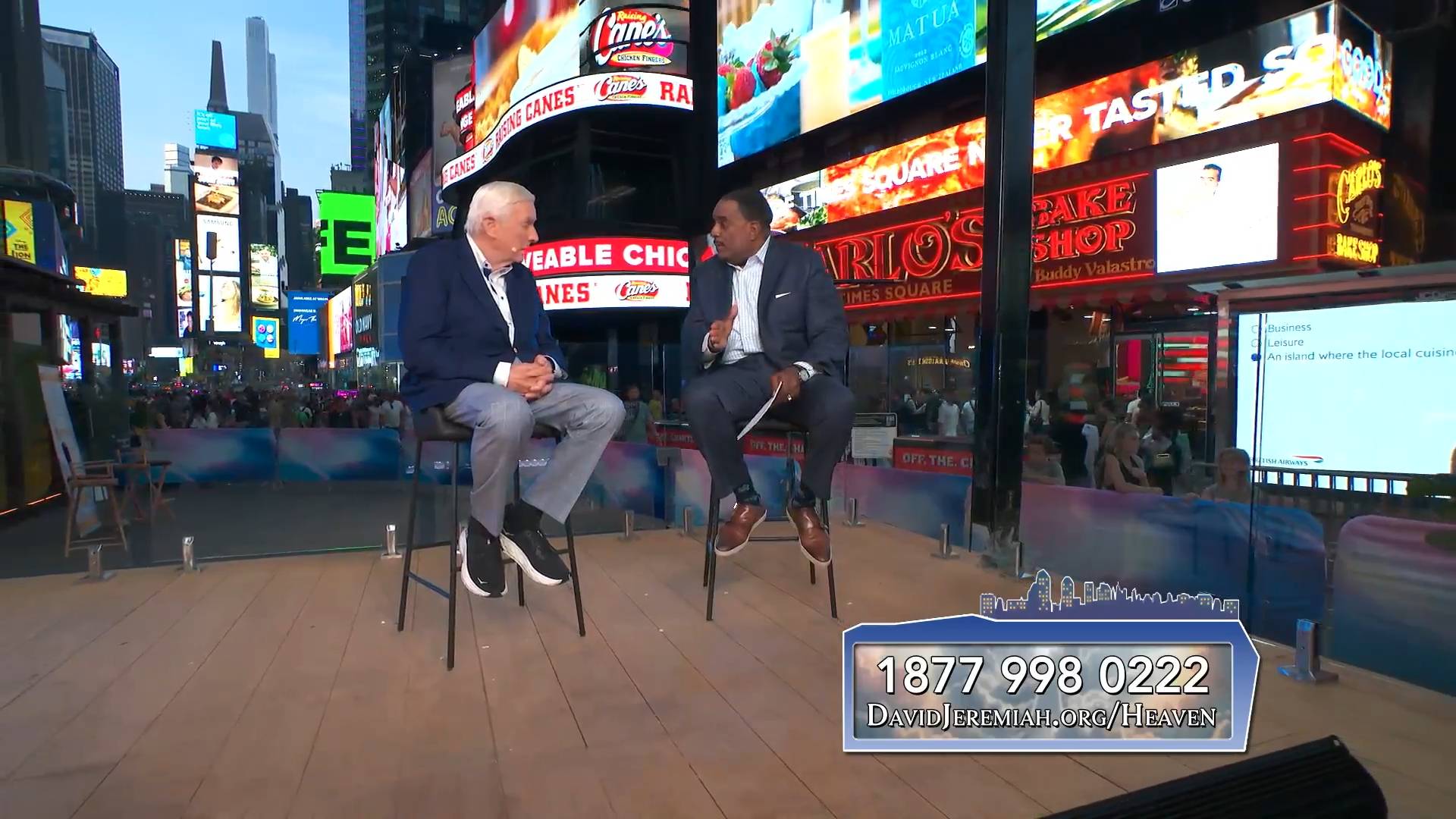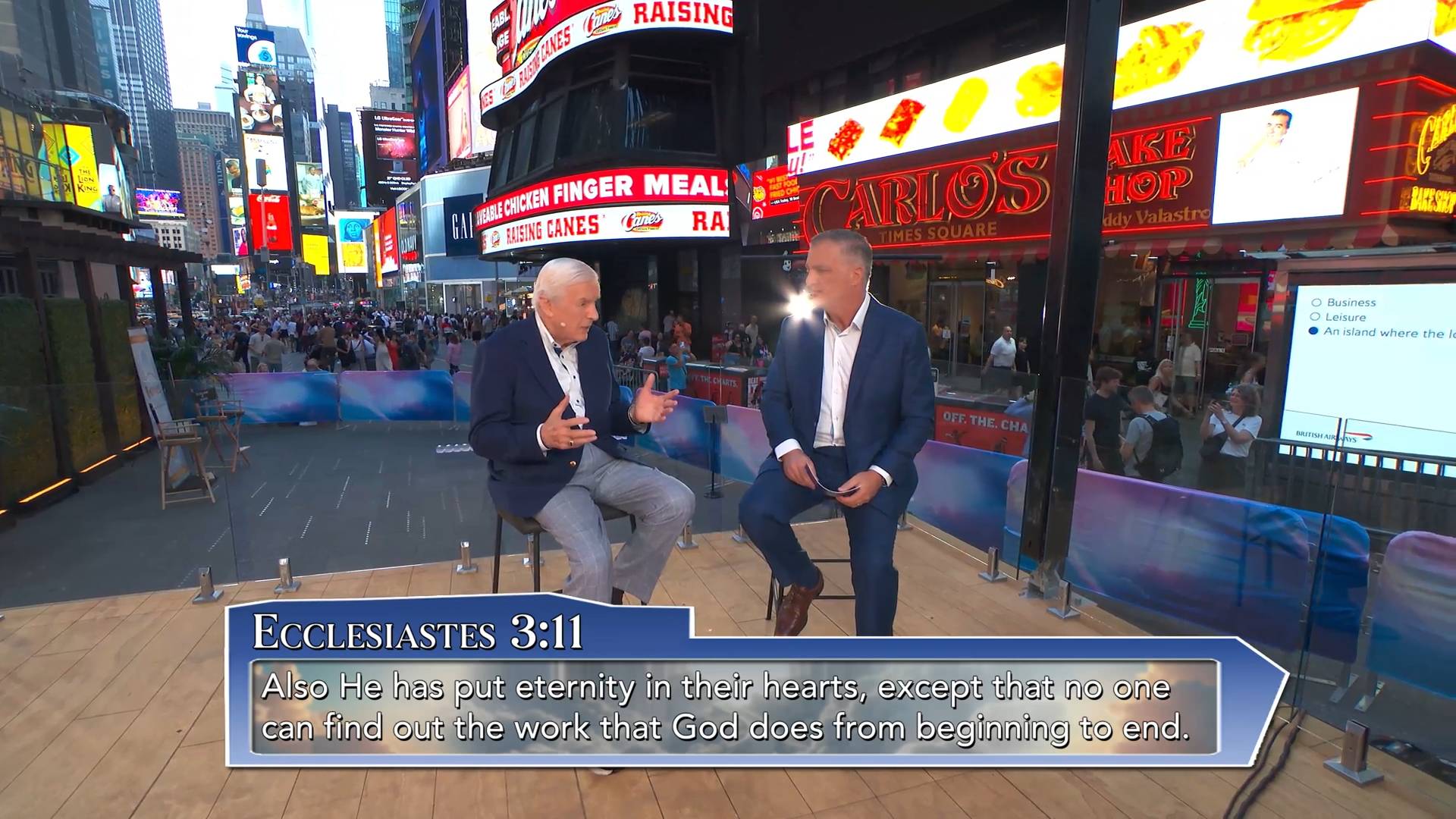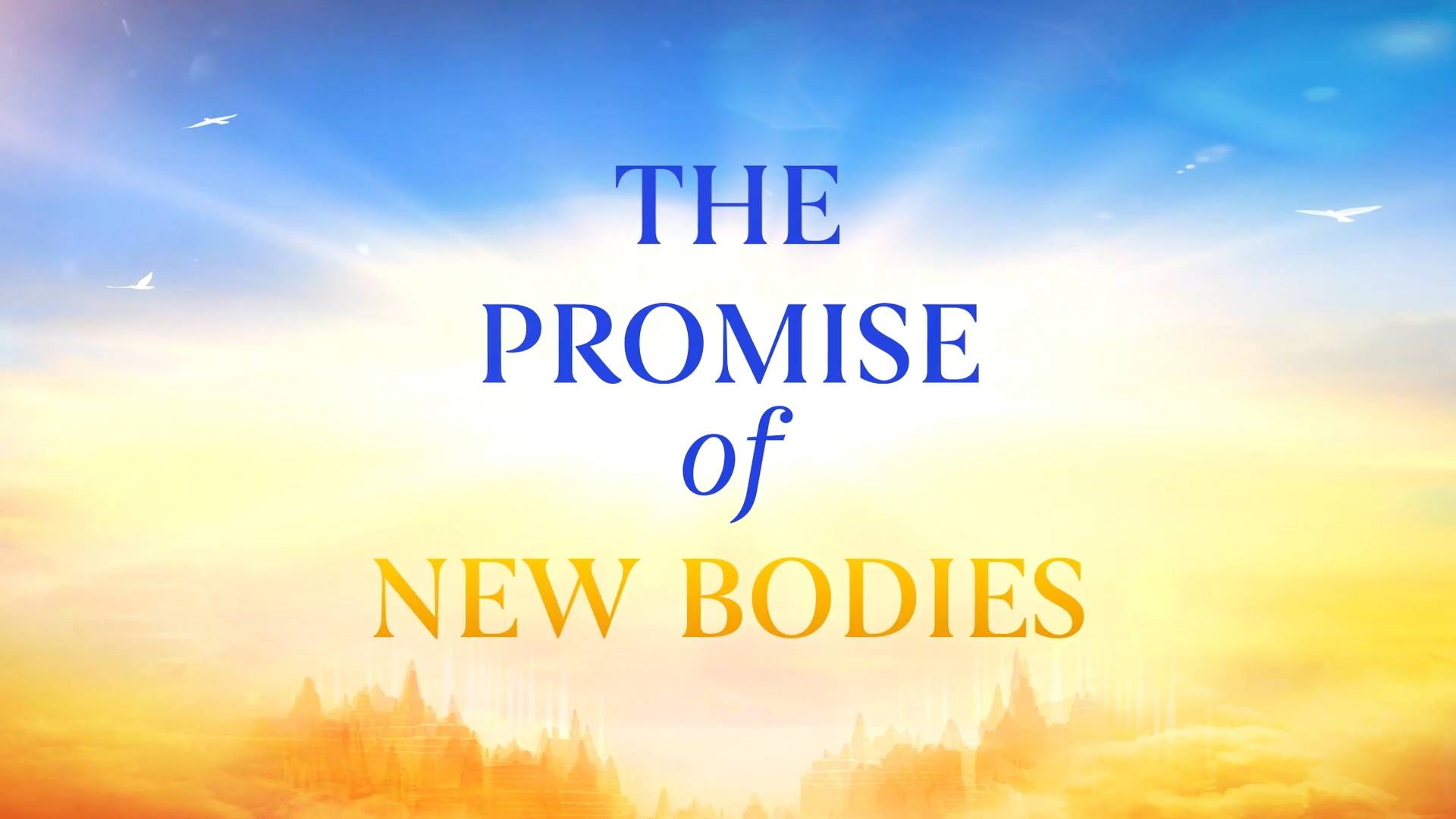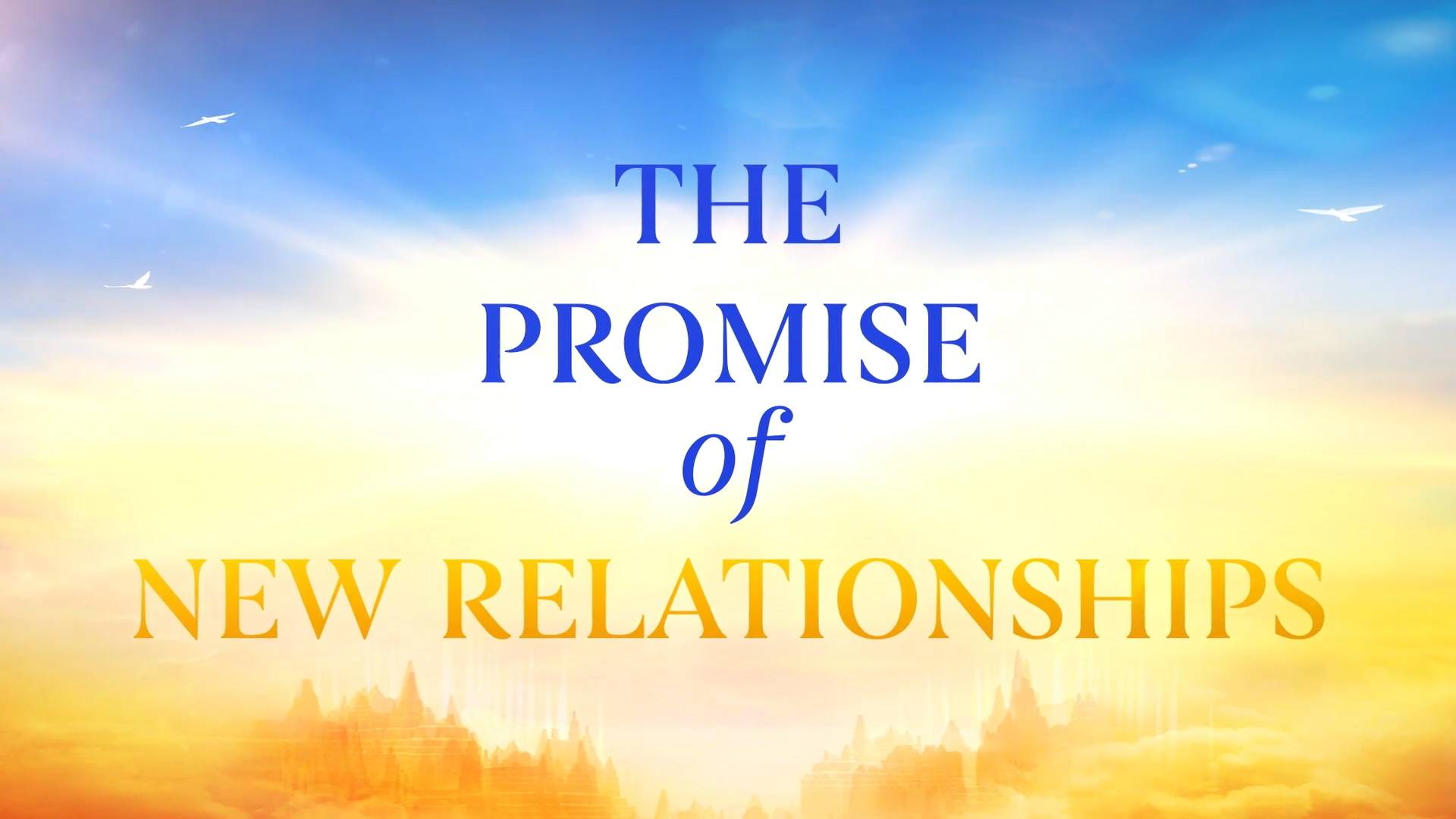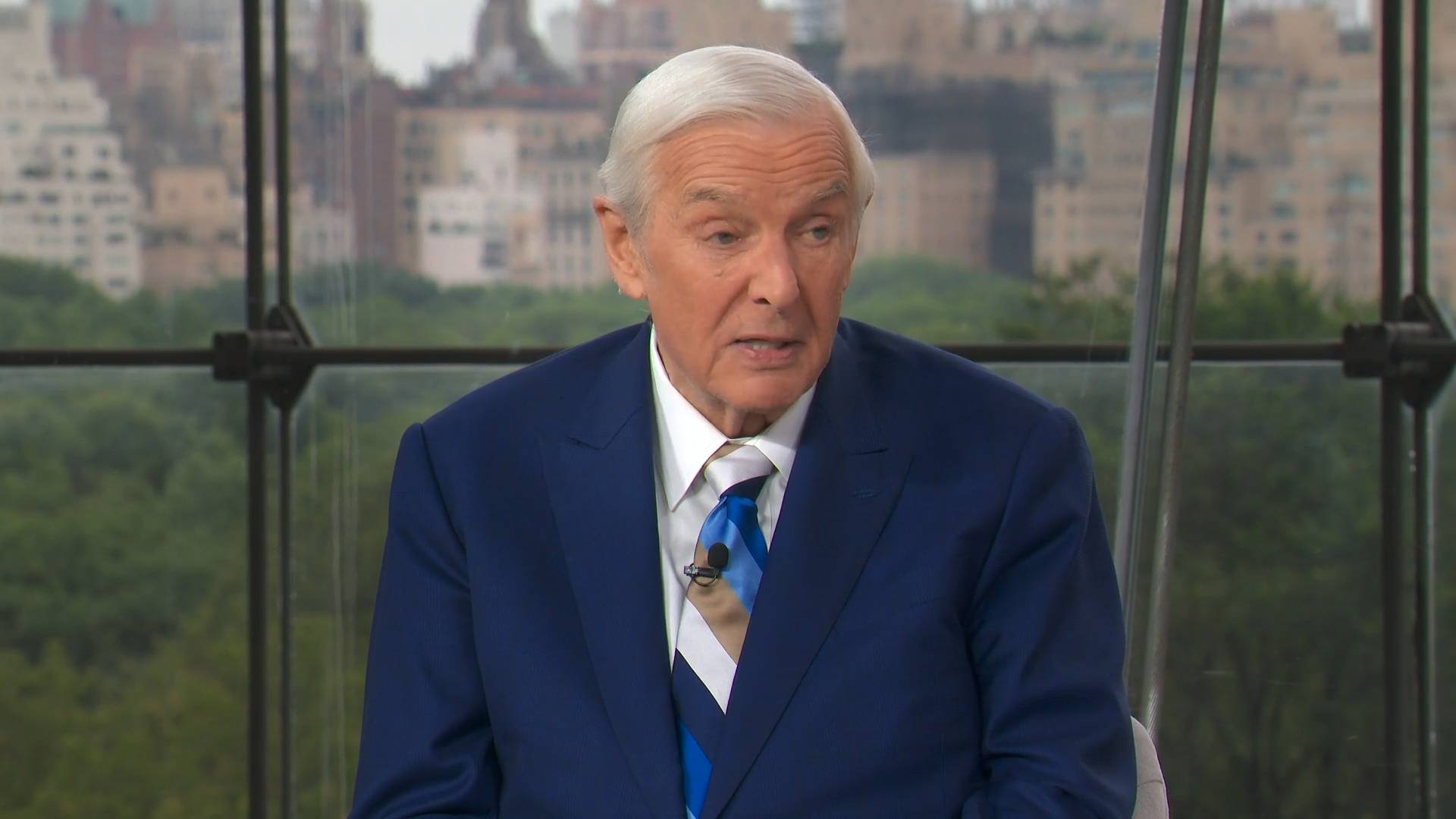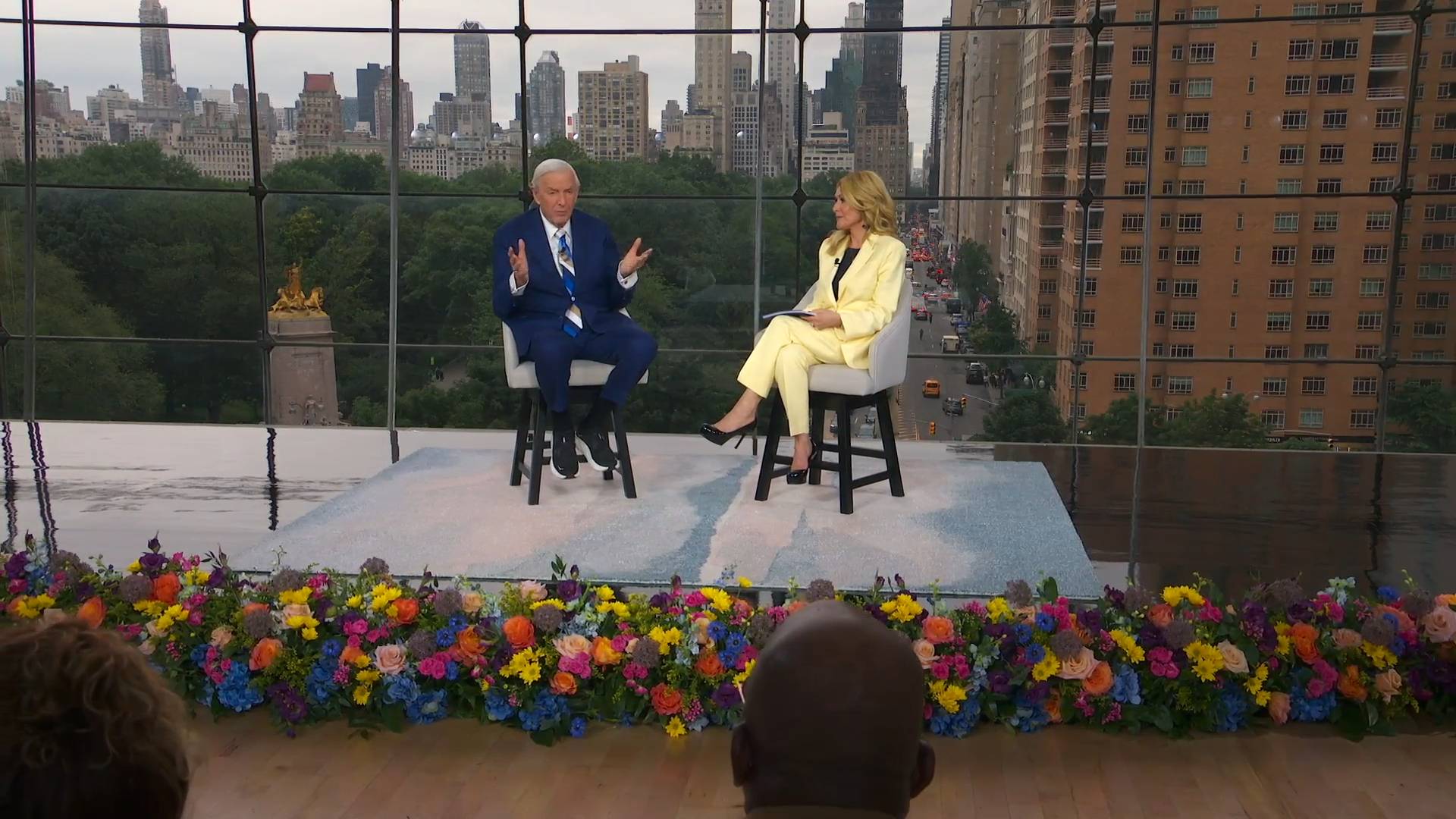Let me say it simply: There is not a single Scripture verse that commands burial or condemns cremation. Every sin known to man is condemned in some way at some place in the Bible, and those warnings are vital for our morality and behavior. But nowhere does Scripture command us to practice burial or prohibit us from practicing cremation.
Notice the way the Word of God puts it in John 19:40: “Then they took the body of Jesus, and bound it in strips of linen with the spices, as the custom of the Jews is to bury.”
John called burial “the custom of the Jews,” not “the law of the Lord.”
The Bible says that “the Lord God formed man of the dust of the ground” (Genesis 2:7), and after Adam and Eve sinned, He told them, “For dust you are, and to dust you shall return” (Genesis 3:19). Psalm 103:14 says, “For He knows our frame; He remembers that we are dust.” Ecclesiastes 3:20 says, “All go to one place: all are from the dust, and all return to dust.” Given enough time, our physical bodies all disintegrate. Whether buried or cremated, we end up in the same state of dust and ashes.
Of course, not everyone is buried or sent to a crematorium. Please bear with me here. As awful as it is to contemplate, some people are devoured by sharks or lions; some are blown to pieces in an explosion; some die of exposure in a desert and gradually decompose in the blistering sunshine; some are incinerated in fires; and some drown and slowly decompose in the depths of the sea.
Whether buried or cremated, we end up in the same state of dust and ashes.
Maybe that’s why God seems to have given us flexibility on this issue. Some cultures and settings, such as Japan, which I mentioned earlier, have a long history of cremation. In some cases, the financial cost or the wishes of the deceased or the family may influence this decision.
Some of our Christian beliefs are essential and we cannot compromise them—the existence of God, the resurrection of Christ, and so forth. In other areas, Christians can prayerfully follow the path of wisdom. Some people may have one custom, and some another.
Some of our Christian beliefs are essential and we cannot compromise them,
The apostle Paul discussed this in Romans 14 when some of the believers disagreed about matters involving diet and holidays. His advice: “Let each be fully convinced in his own mind” (verse 5). He warned against arguing about things in which the Bible seems to allow various options. He told them, “Therefore let us stop passing judgment on one another. Instead, make up your mind not to put any stumbling block or obstacle in the way of a brother or sister. . . . . So whatever you believe about these things keep between yourself and God” (Romans 14:13, 22 NIV).
----
For more on this topic, see chapter 26 from Dr. Jeremiah’s book, The Promise of Heaven: 31 Reasons to Get Excited About Your Eternal Home































